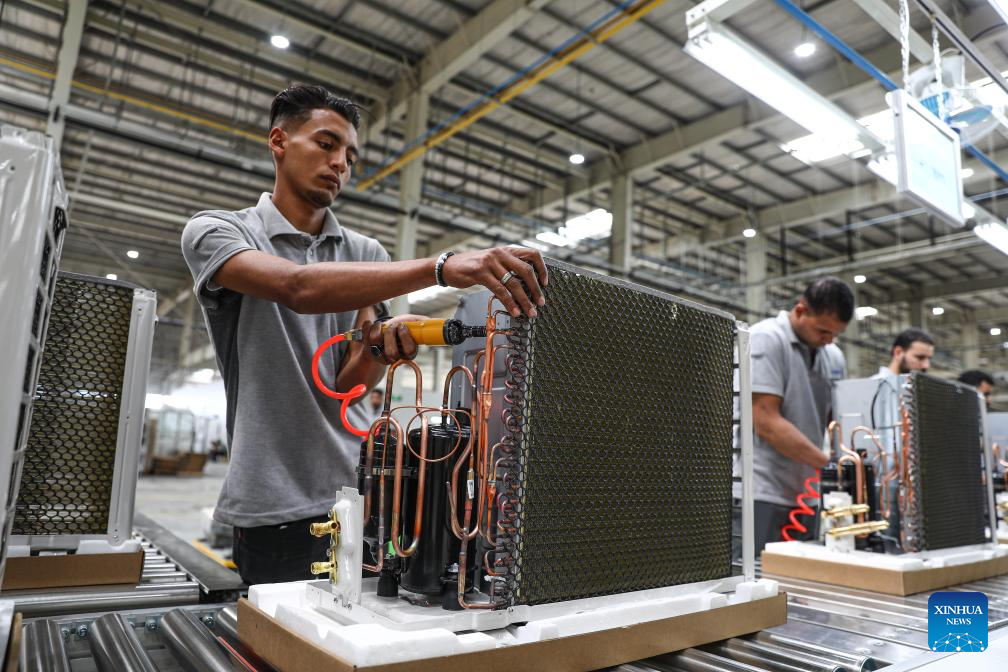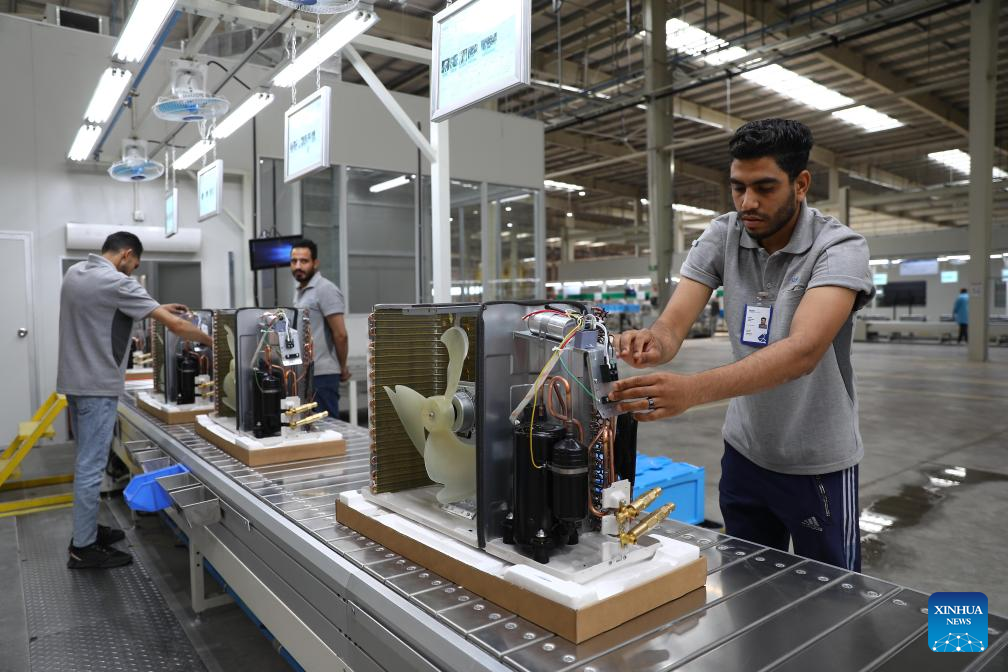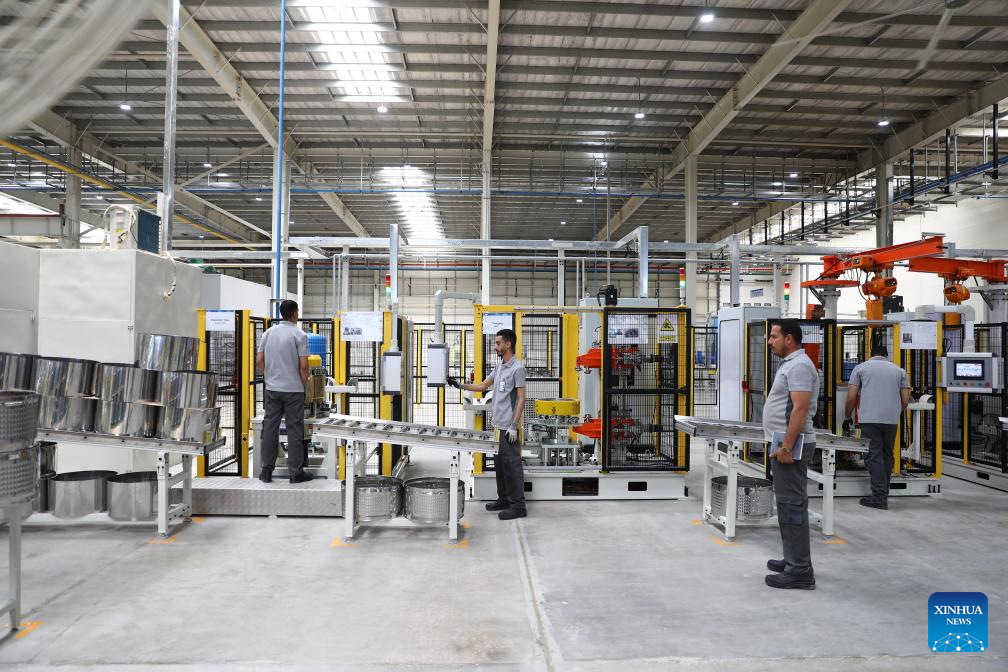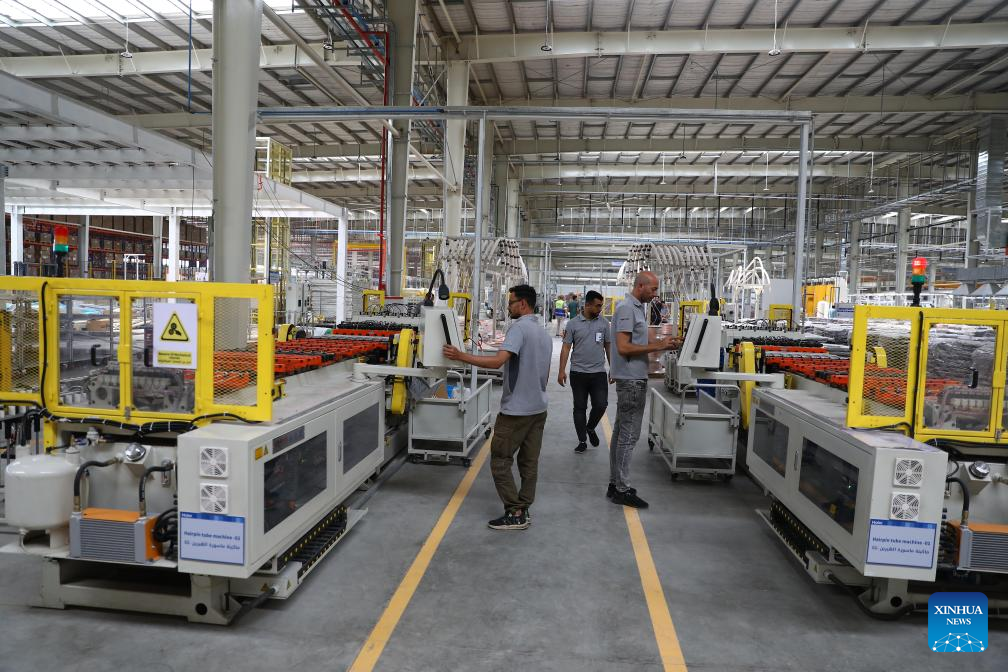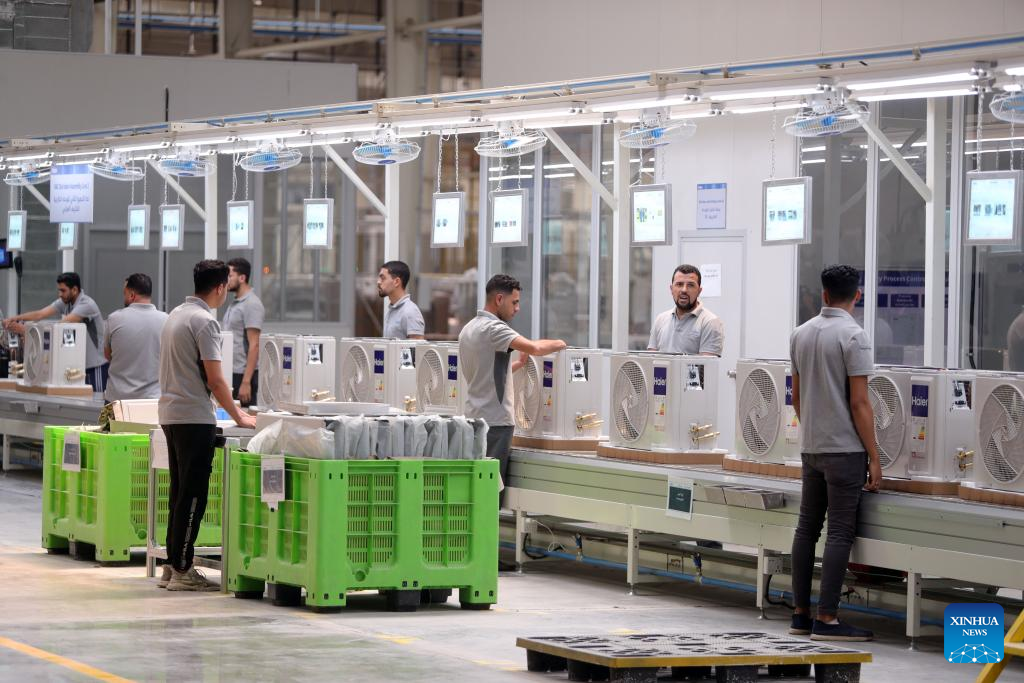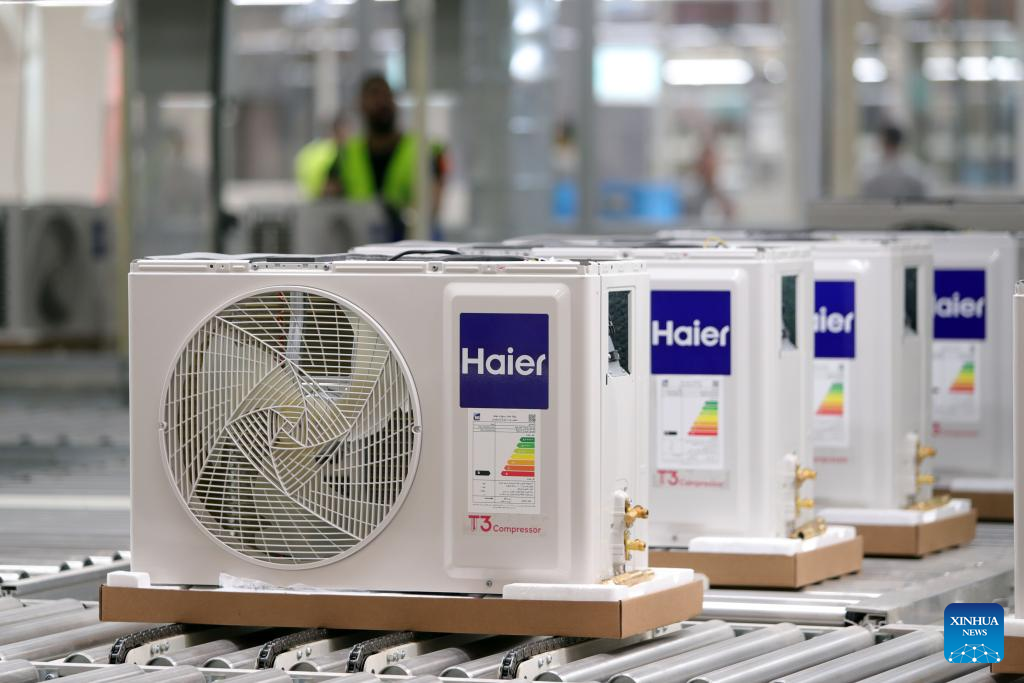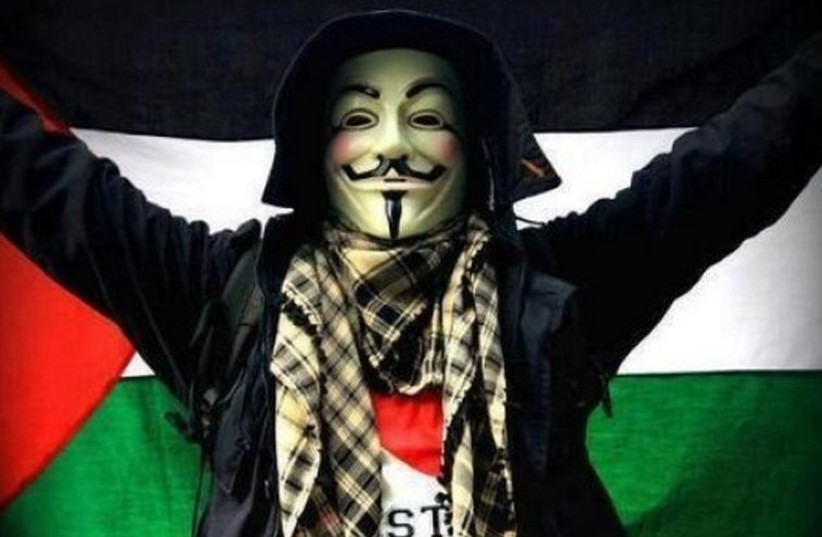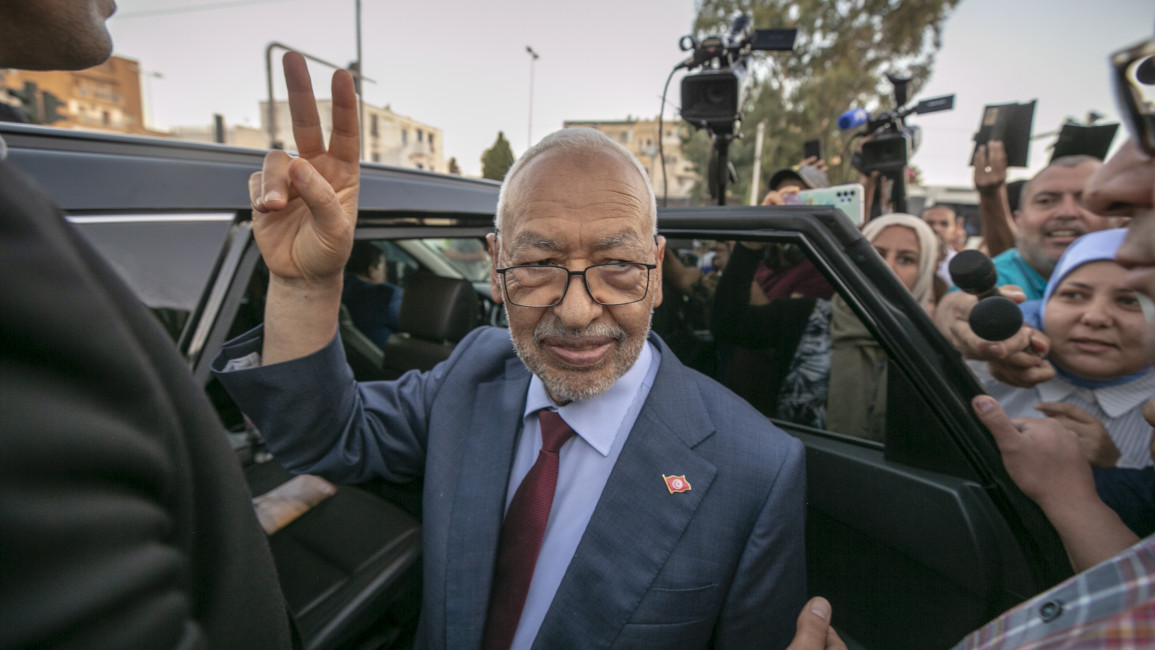
Tourists visiting Spanish cities like Córdoba, Toledo and Sevilla have the option of whiling away an hour or so at a ‘Museum of the Inquisition’, sometimes known as a ‘Gallery of Torture’. For around three euros, visitors can view an exotic range of devices used to impale, immolate, strangle and dismember human beings in the name of God.
It’s tempting to reassure ourselves that these are relics of a far-distant past, horrors that could never happen now. But did the Dark Ages ever really end? Noam Chomsky commented:
‘Part of the tragedy of the Palestinians is that they have essentially no international support. For a good reason – they don’t have wealth, they don’t have power. So they don’t have rights. It’s the way the world works – your rights correspond to your power and your wealth.’
It is indeed the way the world works. It is also the way the medieval world worked. UK Foreign Secretary, Lord David Cameron (Baron Cameron of Chipping Norton), recently passed judgment on the war in Ukraine at a Washington press conference:
‘It is extremely good value for money… Almost half of Russia’s pre-war military equipment has been destroyed without the loss of a single American life. This is an investment in the United States’ security.’
According even to Ukraine’s president Volodymyr Zelensky, 31,000 Ukrainians have been killed in the conflict. US officials estimate 70,000 dead, while Russia claims to have killed 444,000. Are these deaths ‘good value for money’?
And what about the 50,000 Russians estimated by the BBC to have died? Do they matter? After all, European civilisation is supposed to be founded on Christ’s teaching that we should love, not just our ‘neighbour’ but our ‘enemy’. On Britain’s Channel 5, BBC stalwart Jeremy Vine offered a different view to Bill, a caller from Manchester:
‘Bill, Bill, the brutal reality is, if you put on a uniform for Putin and you go and fight his war, you probably deserve to die, don’t you?’
Elsewhere, the Most Reverend and Right Honourable Justin Welby, the Archbishop of Canterbury, commented after Iran retaliated to Israel’s bombing of an Iranian consulate in Damascus, Syria, killing 16 people, including two senior Iranian generals:
‘The attacks on Israel by Iran this weekend were wrong. They risked civilian lives and they escalated the already dangerous tensions in the region. I pray for the peace and security of Israel’s people at this time and I appeal to all parties both for restraint and to act for peace and mutual security.’ (Our emphasis)
If Christ had done political commentary, he would have declared both the Iranian and Israeli attacks wrong, and he would have prayed ‘for the peace and security’ of the peoples of Israel and Iran, and also Palestine.
Cameron responded on the same issue:
‘[It was] a reckless and dangerous thing for Iran to have done, and I think the whole world can see. All these countries that have somehow wondered, well, you know, what is the true nature of Iran? It’s there in black and white.”
He was immediately asked: ‘What would Britain do if a hostile nation flattened one of our consulates?’
Cameron’s tragicomic response:
‘Well, we would take, you know, we would take very strong action.’
Naturally, ‘we’ would do the same or worse, but it’s a grim sign of Iran’s ‘true nature’ when ‘they’ do it. The ‘Evil’ have no right even to defend themselves when attacked by the ‘Good’. Standard medieval thinking.
‘Murderous’ And ‘Brutal’ – Tilting The Language
In idle moments, we sometimes fantasise about opening our own Media Lens Chamber of Propaganda Horrors, a Hall of Media Infamy. It would be a cavernous space packed with examples of devices used to strangle and dismember Truth.
A special section would be reserved for the sage effusions of BBC security correspondent Frank Gardner, who wrote recently of Israel:
‘It responded to the murderous Hamas-led attacks of 7 October… and then spent the next six months battering the Gaza Strip.’
The Hamas attack was ‘murderous’, then, with Israel administering a mere ‘battering’ with its attack that has caused at least 30 times the loss of life. A ‘battering’ is generally bruising but not necessarily fatal. The term is certainly not synonymous with genocide. Is this biased use of language accidental, or systemic?
Fairness and Accuracy in Reporting (FAIR) commented on their careful study of the New York Times, the Washington Post and the Wall Street Journal:
‘Looking at all attributions, 77% of the time when the word “brutal” was used to describe an actor in the conflict, it referred to Palestinians and their actions. This was 73% of the time at the Times, 78% at the Post and 87% at the Journal. Only 23% of the time was “brutal” used to describe Israel’s actions…’
The Intercept reported on a leaked memo which revealed that the New York Times had ‘instructed journalists covering Israel’s war on the Gaza Strip to restrict the use of the terms “genocide” and “ethnic cleansing” and to “avoid” using the phrase “occupied territory” when describing Palestinian land’. The Intercept added:
‘The memo also instructs reporters not to use the word Palestine “except in very rare cases” and to steer clear of the term “refugee camps” to describe areas of Gaza historically settled by displaced Palestinians expelled from other parts of Palestine during previous Israeli–Arab wars. The areas are recognized by the United Nations as refugee camps and house hundreds of thousands of registered refugees.’
The memo was written by Times standards editor Susan Wessling, international editor Philip Pan, and their deputies. A Times newsroom source, who requested anonymity ‘for fear of reprisal’, said:
‘I think it’s the kind of thing that looks professional and logical if you have no knowledge of the historical context of the Palestinian-Israeli conflict. But if you do know, it will be clear how apologetic it is to Israel.’
Our Chamber of Propaganda Horrors might feature this barely believable sentence from a BBC report by Lucy Williamson, which reads like something from the film ‘Dr. Strangelove’:
‘If you wanted to map the path to a healthy, functioning Palestinian government, you probably wouldn’t start from here.’
Probably wouldn’t start from where? From the middle of a six-months genocide, with two million civilians starving, with children literally starving to death, with tens of thousands of children murdered, with Gaza in ruins? It is hard to imagine a more ethically or intellectually tone-deaf observation. The BBC’s Jeremy Bowen added to the sense of surreality:
‘The decision not to veto the Ramadan ceasefire resolution is also an attempt by the Americans to push back at accusations that they have enabled Israel’s actions.’
Is it an ‘accusation’ that the US has supplied billions of dollars of missiles and bombs without which Israel could not conduct its genocide? Is there any conceivable way the US could ever ‘push back at’ that unarguable fact? The Guardian described how the US has worked hard to avoid Congressional oversight:
‘The US is reported to have made more than 100 weapons sales to Israel, including thousands of bombs, since the start of the war in Gaza, but the deliveries escaped congressional oversight because each transaction was under the dollar amount requiring approval.
‘The Biden administration… has kept up a quiet but substantial flow of munitions to help replace the tens of thousands of bombs Israel has dropped on the tiny coastal strip, making it one of the most intense bombing campaigns in military history.’
These hidden sales are in addition to the $320m in precision bomb kits sold in November and 14,000 tank shells costing $106m and $147.5m of fuses and other components needed to make 155mm artillery shells in December.
In response to the latest news of a massive additional supply of arms to Israel, Edward Snowden posted on X:
‘ok but you’re definitely gonna hold off on sending like fifteen billion dollars’ worth of weapons to the guys that keep getting caught filling mass graves with kids until an independent international investigation is completed, right?
‘…right?’
Because we no longer live in the Dark Ages, right?
Waiting For The Hiroshima Bombing Scene
People are generally not tortured on the rack in Western societies, but are we really any less callous?
Christopher Nolan’s film ‘Oppenheimer’ has been lauded to the skies. It earned 13 nominations at the Academy Awards, winning seven Oscars, including Best Picture, Best Director, Best Actor and Best Supporting Actor. It also won five Golden Globe Awards.
And yet the film is a moral disgrace. It focuses on the life of physicist Robert J. Oppenheimer, and particularly, of course, on his key role in developing the first atomic weapons. The direct results of his efforts were the dropping of nuclear fireballs on the civilian populations of Hiroshima and Nagasaki in Japan that killed between 129,000 and 226,000 people.
These were the first acts of nuclear terrorism, by far the greatest single acts of terrorism the world has ever seen. Although the moral doubts haunting the ‘Manhattan Project’ then and since feature strongly in the film, a portrayal of the hideous impact of Oppenheimer’s invention on civilians is almost completely absent. This single, dignified comment from an elderly Japanese viewer reported by the Guardian says it all:
‘“I was waiting for the Hiroshima bombing scene to appear, but it never did,” said Mimaki, 82.’
Although the BBC sought out the opinion of cinemagoers in Hiroshima, ‘only meters away’ from where the bomb exploded, the film’s shocking moral failure was not mentioned.
On reflection, our museum might be better called, The Museum Of Media Madness. Thus, the BBC reported on the refusal of event organisers, The European Broadcasting Union (EBU), to ban Israel from the Eurovision Song Contest. The EBU opined:
‘We firmly believe that the Eurovision Song Contest is a platform that should always transcend politics, promote togetherness and bring audiences together across the world.’
The BBC claims to be obsessed with reporting ‘both sides of the story’, but it conveniently forgot to mention that Russia has been banned from the song contest since 2022 for a reason that did not ‘transcend politics’ – its invasion of Ukraine.
Martin Österdahl, EBU’s executive supervisor for Eurovision, was asked to explain the contradiction. He responded that the two situations were ‘completely different’. True enough – Israel’s crimes in Gaza are much worse even than Russia’s crimes in Ukraine. Österdahl’s casual brush off:
‘We are not the arena to solve a Middle East conflict.’
Media and political voices seeking to challenge the reigning brutality are not burned alive, but they are buried alive in high security prisons like Julian Assange, beaten up on the street like George Galloway, and forced into exile like Edward Snowden. Dissidents may not be pelted with rotten fruit and vegetables in the stocks, but they are pelted with relentless media attacks intended to discredit them.
In the Guardian, John Crace greeted the news that Galloway had returned to parliament, with a piece titled:
‘The Ego has landed: George Galloway basks in his swearing in as MP’
Crace wrote:
‘Wherever he goes, his giant ego is there before him. Like most narcissists, the only fool for whom he makes allowances – for whom he has a total blindspot – is himself.’
He added:
‘… there is a lot about Galloway to dislike. His self-importance is breathtaking. Most MPs suffer from an excess of self-regard, but George is off the scale. It has never crossed his mind that he is not right about everything.’
Before Galloway’s victory, a Guardian news piece commented:
‘“A total, total disaster”: Galloway and Danczuk line up for Rochdale push – Two former Labour MPs are back to haunt the party in what has been called “the most radioactive byelection in living memory”’
As we have discussed many times, this is the required view, not just of Galloway, but of all dissidents challenging the status quo – they (and we) are all toxic ‘narcissists’. Thus, the BBC observed of Galloway, a ‘political maverick’:
‘To his critics and opponents, he is a dangerous egotist, someone who arouses division.’
What percentage of Tory and Labour MPs under (and including) Sunak and Starmer are not dangerous egotists? Are the thousands of MPs who, decade after decade, line up to vote for US-UK resource wars of aggression of first resort, for action to exacerbate climate collapse, not dangerous egotists? Of course they are, but they are not labelled that way. The only egotism perceived as ‘dangerous’ by our state-corporate media system is one that threatens biocidal, genocidal and suicidal state-corporate narcissism.
We have to travel far from the ‘mainstream’ to read a more balanced view of Galloway. Former British ambassador Craig Murray commented:
‘I have known George Galloway my entire adult life, although we largely lost touch in the middle bit while I was off diplomating. I know George too well to mistake him for Jesus Christ, but he has been on the right side against appalling wars which the entire political class has cheer-led. His natural gifts of mellifluence and loquacity are unsurpassed, with an added talent for punchy phrase making.
‘… But outwith the public gaze George is humorous, kind and self-aware. He has been deeply involved in politics his entire life, and is a great believer in the democratic process as the ultimate way by which the working classes will ultimately take control of the means of production. He is a very old-fashioned and courteous form of socialist.’
We strongly disagree with Galloway’s views on fossil fuel production and climate change – in fact, he blocked us on X for robustly but politely challenging him on these issues. Nevertheless, it is clear to us that Murray’s view of Galloway is far more reasonable.
Neon-Lit Dark Age
In ‘Brave New World Revisited’, Aldous Huxley wrote:
‘The victim of mind-manipulation does not know that he is a victim. To him, the walls of his prison are invisible, and he believes himself to be free.’ (Huxley, ‘Brave New World Revisited’, archive.org, 1958, p.109)
This is certainly true of corporate journalists. Borrowing illiberally from authentically dissident media, a recurring Guardian appeal asks readers to support its heroic defence of Truth. The declared enemy:
‘Teams of lawyers from the rich and powerful trying to stop us publishing stories they don’t want you to see.
‘Lobby groups with opaque funding who are determined to undermine facts about the climate emergency and other established science.
‘Authoritarian states with no regard for the freedom of the press.
‘Bad actors spreading disinformation online to undermine democracy.
‘But we have something powerful on our side.
‘We’ve got you.
‘The Guardian is funded by its readers and the only person who decides what we publish is our editor.’
They have indeed ‘got you’, many of you, and not in a good way. The real threat to truth in our time, quite obviously, is the fact that profit-maximising, ad-dependent corporate media like the Guardian cannot and will not report the truth of a world dominated by giant corporations. The declared aspiration is a sham, a form of niche marketing exploiting the gullible.
The truth is that ‘mainstream’ media and politics are now captured in a way that is beyond anything we have previously seen. All around the world, political choices have been carefully fixed and filtered to ensure ordinary people are unable to challenge the endless wars, the determination to prioritise profits over climate action at any cost. The job of the corporate media system is to pretend the choices are real, to ensure the walls of the prison remain invisible.
The only hope in this neon-lit Dark Age is genuinely independent media – the blogs and websites that are now being filtered, shadow-banned, buried and marginalised like never before.
